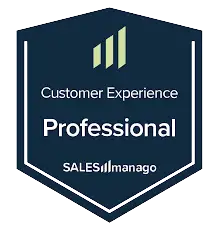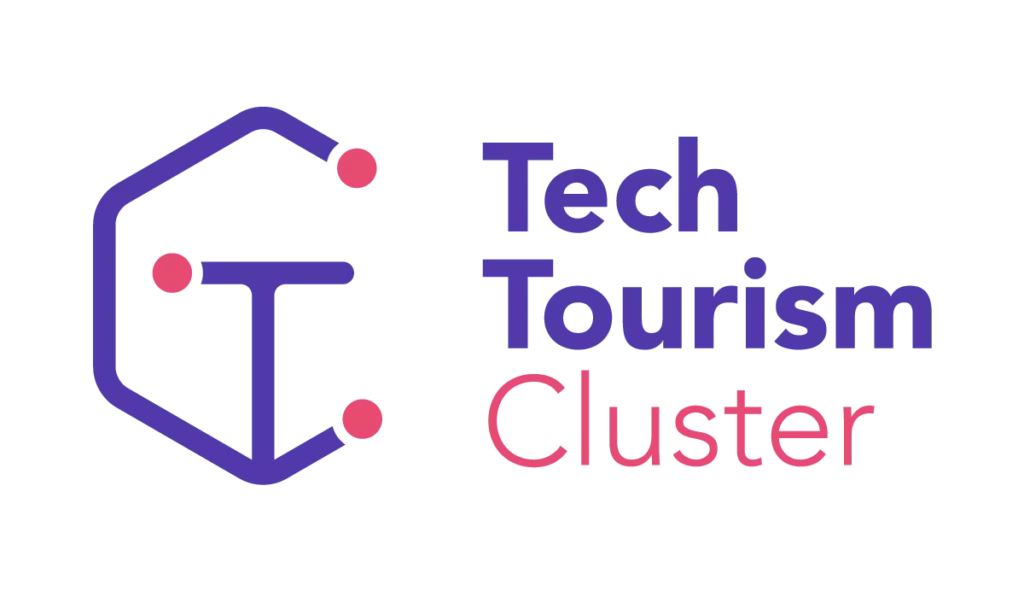The field of SEO is undergoing rapid transformation due to the rise of artificial intelligence. Optimizing for LLMs (Large Language Models) has become a top priority for leading brands. In this article, we dive into advanced SEO strategies for LLMs—designed for those who already understand the basics and want to elevate their digital presence. We’ll explore specialized techniques that help language models better understand and use your content, without revealing our most exclusive methods. We’ll see how Mindset Digital is applying these tactics successfully in real projects, and why trends like AEO and GEO are shaping the future of optimization in AI-powered environments.
Understand how LLMs find and use your content
The first step toward advanced optimization is to deeply understand how LLMs retrieve information. Unlike traditional SEO, where rankings are visible and predictable, AI systems are more opaque. Most modern language models use retrieval approaches—meaning they scan and pull information from various online sources to craft their answers. Your content is competing to be one of those sources.
Google has hinted that for its AI systems (such as its generative search mode or projects like Gemini), the quality of the source is critical. Factors like E-E-A-T (Experience, Expertise, Authoritativeness, Trustworthiness) influence which sites are selected during training or real-time search. In practice, this means your site can be chosen by an AI regardless of your Google ranking—provided you demonstrate strong authority and relevance. That’s why an advanced strategy involves strengthening those qualitative factors: be present in industry-relevant sources, publish original research or exclusive content, and build a strong online reputation. At Mindset Digital, we emphasize this holistic view, aware that AI favors trustworthy sources.
Optimize your content in “blocks” for precise responses
One of the key techniques in SEO for LLMs is block-level optimization. While traditional SEO focuses on ranking entire pages, in the generative AI world, you need to think on a more granular level. Why? Because a language model often won’t take your whole page—just a paragraph or specific list it deems relevant for answering a user’s question.
To address this, it’s wise to structure your content so that every section (each <h2> or <h3> and its associated paragraphs) can function as a standalone answer. For example, if you’ve written a long article, break it clearly into subtopics and make sure each part includes enough context to be understood on its own. Slightly reintroduce the topic in each block—this could mean repeating the main question or keyword at the beginning of the section, so that if it’s extracted by the AI, it still makes sense.
This strategy also means ensuring that your key messages and brand mentions appear in multiple places. Imagine only a snippet of your content is quoted by the model—you want that snippet to include your brand name or a reference to your product to earn visibility. At Mindset Digital, we’ve found this approach increases the likelihood of client brands being mentioned within AI-generated answers.
Leverage llms.txt and AI-friendly formats
One of the most exciting developments in the world of AI SEO is the llms.txt initiative. Inspired by the idea of a file similar to robots.txt but aimed at AI, llms.txt serves to offer language models a summary and guide to your website. Instead of indicating what not to index (as robots.txt does), this file explicitly highlights what important content should be considered by AI—and offers simplified versions if possible.
Practically speaking, llms.txt is a Markdown-formatted text file located at the root of your site. It lists your most important pages and may provide brief summaries or links to simpler versions of them. This presents your site’s core content to AI without the distractions of full web formatting.
Mindset Digital was one of the first to adopt llms.txt for clients looking to improve their AI presence. We’ve implemented this file on selected websites, helping ensure that essential brand information is instantly accessible to chatbots and virtual assistants. While the approach is still in its early stages and not all models use it yet, we’re already seeing results: some response platforms are beginning to prioritize data from these files.
Another pillar of advanced strategies is combining LLM optimization with solid technical and content-based SEO. In particular, structured data (Schema.org and JSON-LD) continues to be highly valuable. Marking up your content with FAQ, HowTo, Product, or Review schemas helps both search engines and AIs identify key information. For example, an FAQ schema doesn’t just boost your visibility in Google—it also provides a neatly formatted set of questions and answers that LLMs can re-use to respond to user queries.
Alongside semantic markup, you must reinforce your site’s topical authority. This means going deep on the subjects relevant to your niche, publishing high-quality, frequently updated content. If your website becomes a comprehensive, go-to source on a topic (say, a blog that thoroughly covers “content marketing for e-commerce”), LLMs will notice. Repeated association of your domain with a theme, paired with consistent quality, makes it more likely an AI will use you as a source.
It’s not just about quantity—it’s about coverage and depth. An advanced strategy is to perform a gap analysis: identify user or AI-driven questions in your industry that your site doesn’t yet cover, then create content to fill those gaps. At Mindset Digital, we combine traditional SEO tools with AI querying to find these opportunities and develop content that boosts our clients’ authority for both humans and machines.
Adapt your strategy to AEO and GEO
Two acronyms are rapidly gaining relevance in digital marketing: AEO (Answer Engine Optimization) and GEO (Generative Engine Optimization). These emerging disciplines are tightly linked to SEO for LLMs and reveal where the industry is heading.
AEO refers to optimizing your content so that it directly answers a user’s query—whether in a Google featured snippet or in a voice assistant’s reply. It emphasizes structuring content so algorithms can easily extract the most relevant answer.
GEO, on the other hand, focuses on ensuring your brand’s content is selected by generative AIs when building extended, complex responses. This includes the use of natural language, brand consistency, and technical accessibility. GEO will soon also involve direct integration with generative models. For example, Google is testing its Search Generative Experience, blending classic search with AI-generated results. You want to be cited in both.
In short, AEO and GEO are two sides of the same coin: both aim for your content to be the chosen answer—either in a quick reply or an elaborated AI response. At Mindset Digital, we merge the best of AEO (concise, question-oriented content) and GEO (rich, contextual, AI-optimized information) to ensure your brand is positioned for today’s and tomorrow’s search experiences.
Measurement, experimentation and continuous refinement
Implementing advanced techniques is just the beginning—it marks the start of an ongoing cycle of experimentation and improvement. Because AI behaviors change frequently, it’s vital to monitor how and when your content appears in AI responses. Some tools are emerging to help with this, but for now, manual testing works: ask ChatGPT, Gemini, Claude, Perplexity and others about your industry. Does your brand appear?
If not, figure out why. Does your content lack depth? Are competitors considered more authoritative? Adjust accordingly. At Mindset Digital, we run iterative feedback cycles, evaluating content performance across both traditional SEO and AI interactions—and continuously optimizing our strategy.
You can even ask the AIs themselves: “Why didn’t you cite my site?” Their answers may offer valuable clues—even if general—on how to improve your content’s visibility and credibility.
Conclusion: Be proactive in the AI era
Advanced SEO for LLMs requires a proactive, experimental mindset. There are no silver bullets, since AI continues to evolve. But the strategies outlined—from block optimization and llms.txt to structured data and AEO/GEO—offer a robust roadmap for increasing your visibility in the AI-powered search era.
At Mindset Digital, we stay at the forefront of innovation, guiding clients through this new landscape and helping them seize the opportunities it brings. The future of search is being shaped now—and those who act early will lead the AI-driven space.
Contact the Mindset Digital team through our contact form to optimize your business’s presence in LLMs and ensure your content becomes the reference that AIs choose to mention. We’ll take your SEO strategy to the next level—conquering the new era of AI search.








